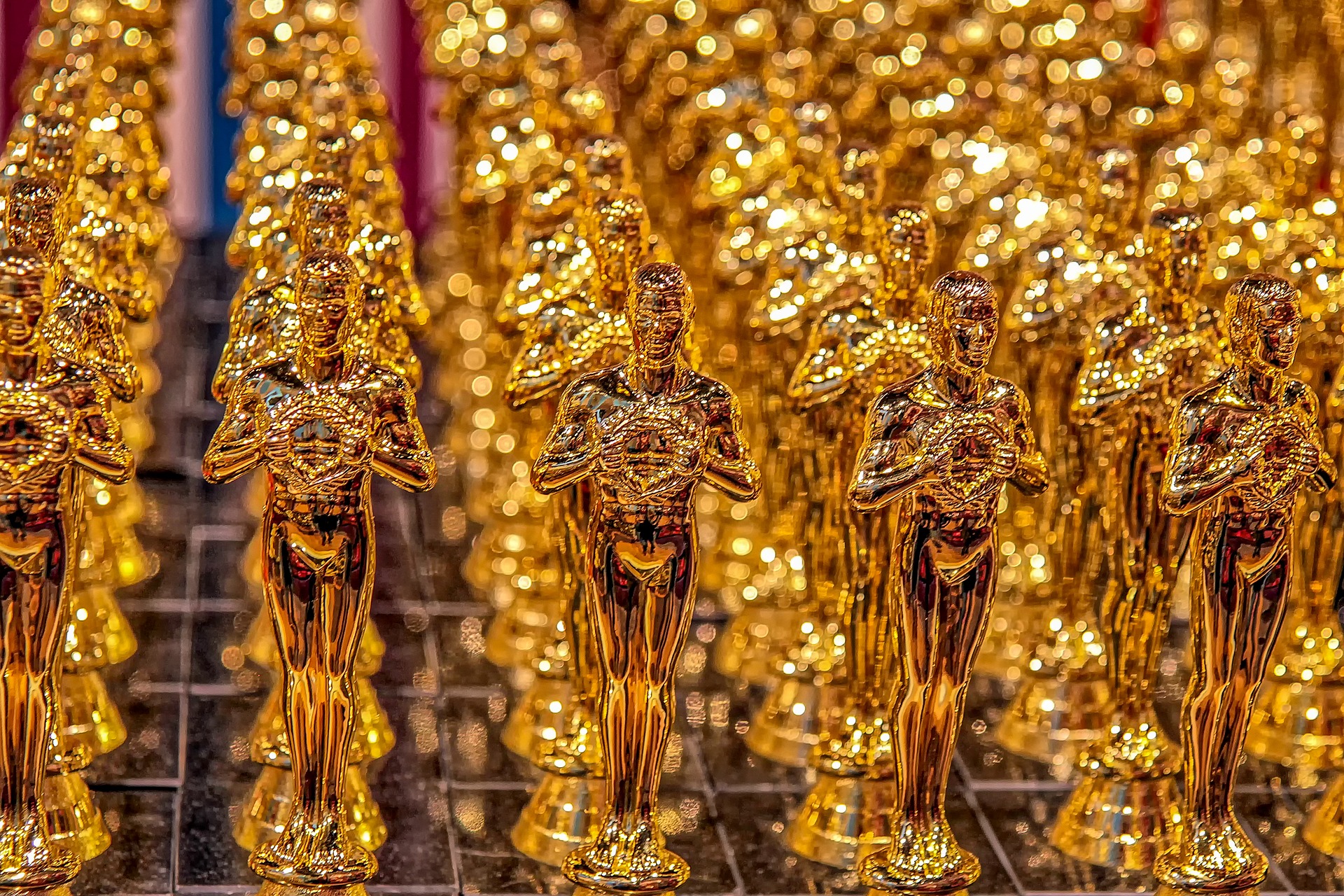Parasite Won Oscar Posted by Flying Oyster on Feb 26, 2020 in Culture
A couple months ago, one of my acquaintances asked me if I had watched a Korean movie called “기생충 (Parasite : Gi-saeng-chung)”. Well, no, I hadn’t yet seen the movie. He kept going on and on about how great the movie was. I was a little puzzled by his reaction because Korean movies are particularly popular among most Americans. Anyway, I was proud that he noticed a movie from where I came from. I decided to watch it whenever I have some free time.
This winter was busy for me. Weeks and weeks had passed, but I still hadn’t watched the movie yet. Oddly, I started hearing the title of the movie from the media. Eventually, my jaw dropped to the floor when I saw Joon Ho Bong 감독 (gam-dok: the director) won 4 Oscars.
I am not 영화 평론가 (yong-hwa-pyeong-non-gah: a movie critic), but I can tell that this movie was well made. It contains 희노애락 (hee-no-ae-lock: pleasure/humor, anger, love and fun ; this is a four-character idiom in Korean.) while it precisely depicts the reality in Korea.
After the Korean War, Koreans worked hard to make their lives better. Thanks to their diligence, Korea made rapid economic growth after the 1988 Seoul Olympic games. Today, Korea has global companies, such as Samsung, Hyundai, LG, and Kia. Many people could get richer in a short amount of time back then.
By 1997, a major economic crisis hit 한반도 (hahn-bahn-do: the Korean Peninsula). The IMF stepped in with 금융구제 (gum-yoong-goo-jae: a bailout) for Korea. Many big companies went bankrupt, as did many small business owners. It was one of the toughest times in Korean history.
Following this, more people started noticing 빈부격차 (bin-boo-kyuk-cha: the gap between the rich and poor) in their daily life. Heart-breaking stories, which address the gap between the rich and poor, were inevitably popular topics for TV shows at the time.
Keeping a high rank on the socioeconomic ladder in Korea appears to be significantly important. Not all Koreans believe in this way, but some Koreans still believe people judge you by how you dress, what designer brand’s purse you have, and how expensive the car is that you drive. 물질만능주의 (mool-jil-mahn-nung-joo-ee: materialism) prevails in Korean society as it does in most of the developed countries in the world. Sadly, it is true that the gap between the rich and the poor is getting bigger and bigger all around the world.
I am not going to spoil the movie for you. I strongly recommend you watch it. I am proud that this Korean movie got such huge acknowledgments, and I hope that the Korean movie industry continues to grow bigger and bigger.

Build vocabulary, practice pronunciation, and more with Transparent Language Online. Available anytime, anywhere, on any device.






